Are you considering taking your academic journey overseas? A university exchange program can offer invaluable experiences, cultural insights, and personal growth like no other. Crafting the perfect application letter is crucial to stand out and showcase your enthusiasm. Join us as we explore essential tips and templates to help you write an impactful letter that opens doors to exciting international opportunities!
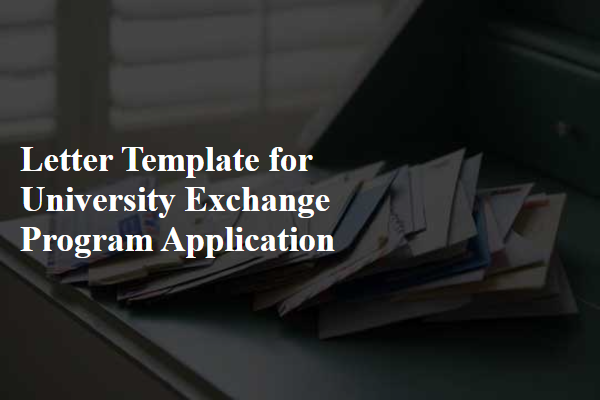
Personal Details and Contact Information
Personal details, including full name, age, and nationality, are essential for university exchange program applications. Contact information should comprise a valid email address, telephone number, and residential address, providing clear accessibility. In addition, applicants should include their current university name, degree program, and academic year of study, contributing to the selection committee's understanding of their academic background. Furthermore, including relevant skills, language proficiencies, and extracurricular involvement can significantly enhance an application, showcasing the applicant's overall profile and adaptability to a new academic environment.
Motivation for the Exchange Program
The university exchange program offers students invaluable opportunities to experience new cultures, enhance academic knowledge, and build a global network of peers. Participating in this exchange fosters personal growth by allowing immersion in diverse educational systems, promoting adaptability and resilience. For instance, studying at an esteemed institution like the University of Melbourne in Australia (founded in 1853) provides exposure to cutting-edge research in fields such as environmental science and engineering. Engaging with international students enhances cross-cultural communication skills, preparing participants for a competitive job market. Overall, such experiences contribute to a well-rounded education, instilling a global mindset that is essential in today's interconnected world.
Academic Background and Achievements
The academic journey of a student often includes pivotal milestones that highlight dedication and success. A university student specializing in Computer Science at a renowned institution, for example, may have achieved a cumulative GPA of 3.8 out of 4.0 throughout their studies. Additionally, participation in prestigious competitions, such as the ACM International Collegiate Programming Contest, can demonstrate problem-solving skills and collaborative teamwork. Relevant internships with reputable tech companies, such as Google or Microsoft, further enrich this academic portfolio, providing practical experience in software development. Involvement in research projects focused on artificial intelligence or machine learning can result in published papers in well-known journals, showcasing contributions to cutting-edge technology. Furthermore, receiving academic scholarships based on merit can signify recognition from faculty and the institution for outstanding performance.
Specific Goals and Objectives for the Exchange
The university exchange program offers a unique opportunity for personal and academic growth, allowing students to immerse themselves in diverse cultures and educational systems. Specific goals include enhancing language proficiency, particularly in Spanish through daily interactions in Madrid, Spain, where street markets and language schools provide immersive experiences. Academic objectives focus on enrolling in courses related to international relations at Universidad Complutense, significantly expanding understanding of global political dynamics. Additionally, participating in local community service will foster cultural exchange and social responsibility, promoting collaboration with peers from various backgrounds. Ultimately, these experiences aim to develop a global perspective, professional competencies, and lifelong connections within an international network.
Cultural Adaptability and International Experience
Cultural adaptability plays a crucial role in the success of international exchange programs, enabling students to immerse themselves in new environments, customs, and traditions. For instance, participants in programs like Erasmus+ experience diverse cultural settings across Europe, fostering skills such as effective communication and problem-solving in multicultural contexts. International experience, gained through travel or study abroad, cultivates a global mindset, essential for navigating challenges in unfamiliar academic systems like those found at the University of Melbourne. Understanding social norms, language nuances, and local histories enhances the ability to build meaningful relationships with peers and faculty. This adaptability not only enriches personal growth but also prepares students for an increasingly interconnected workforce.

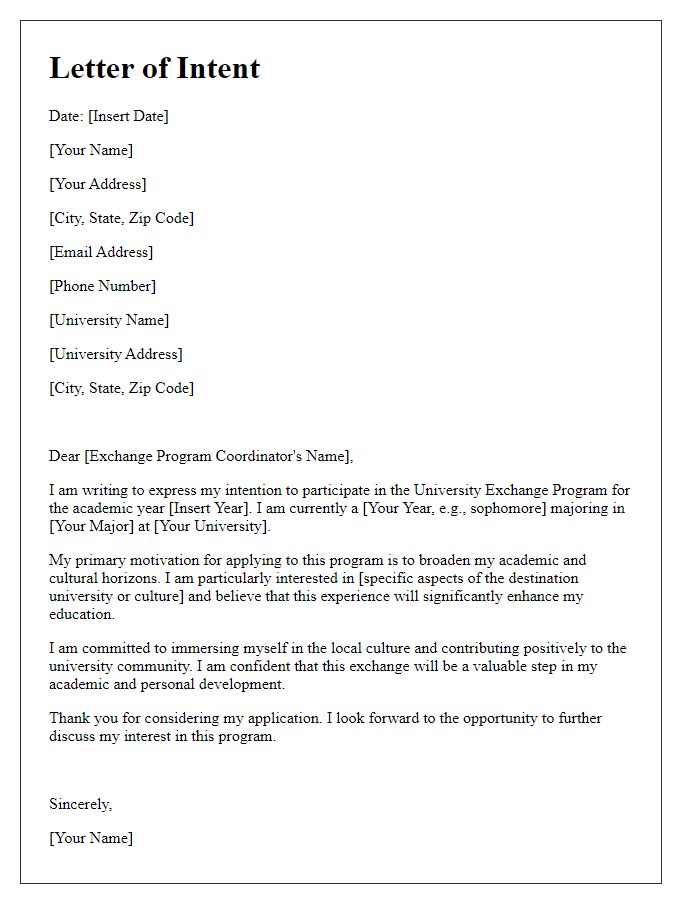
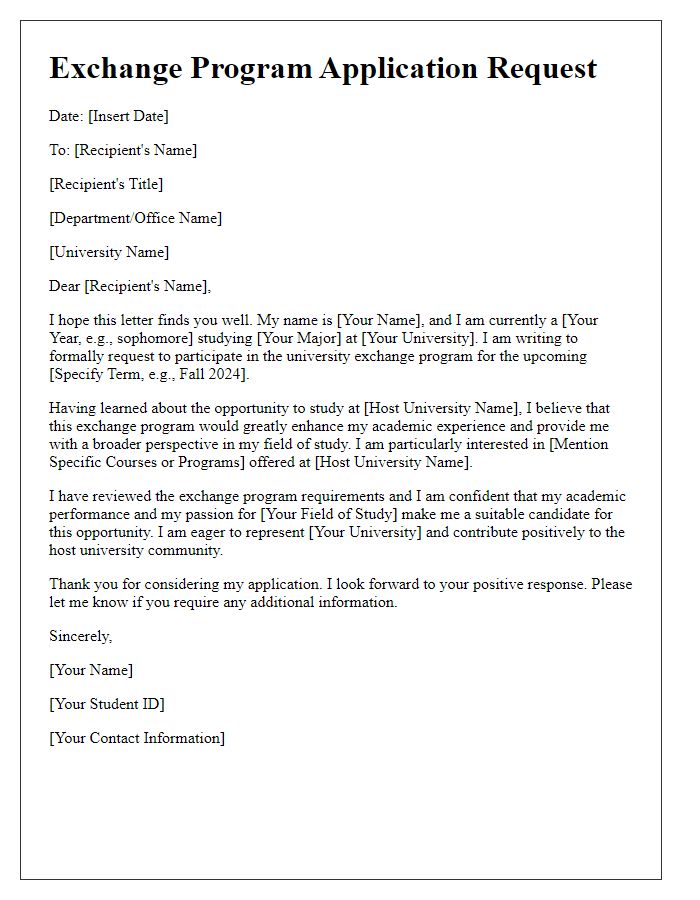
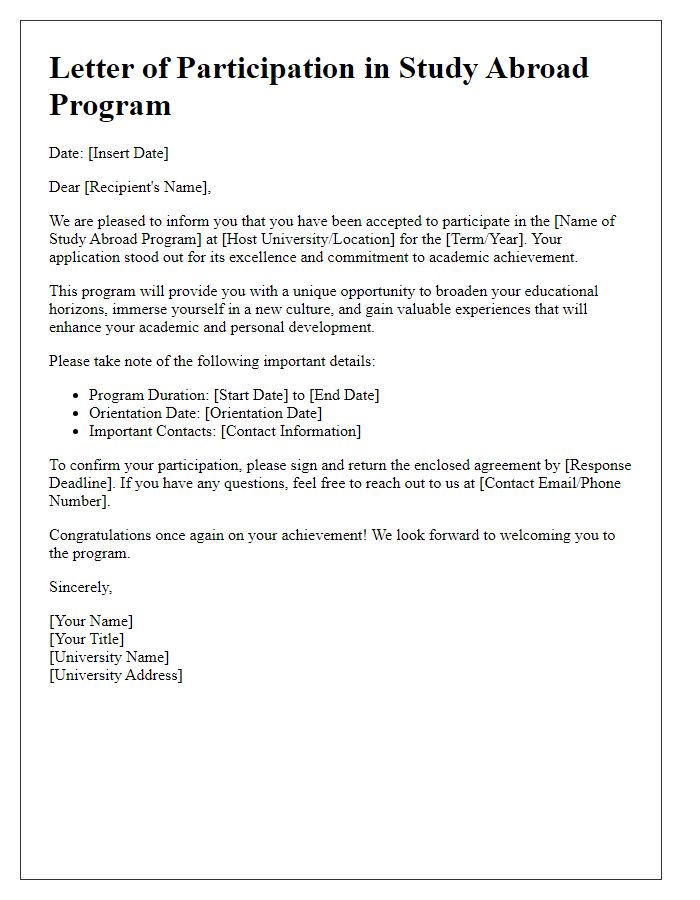
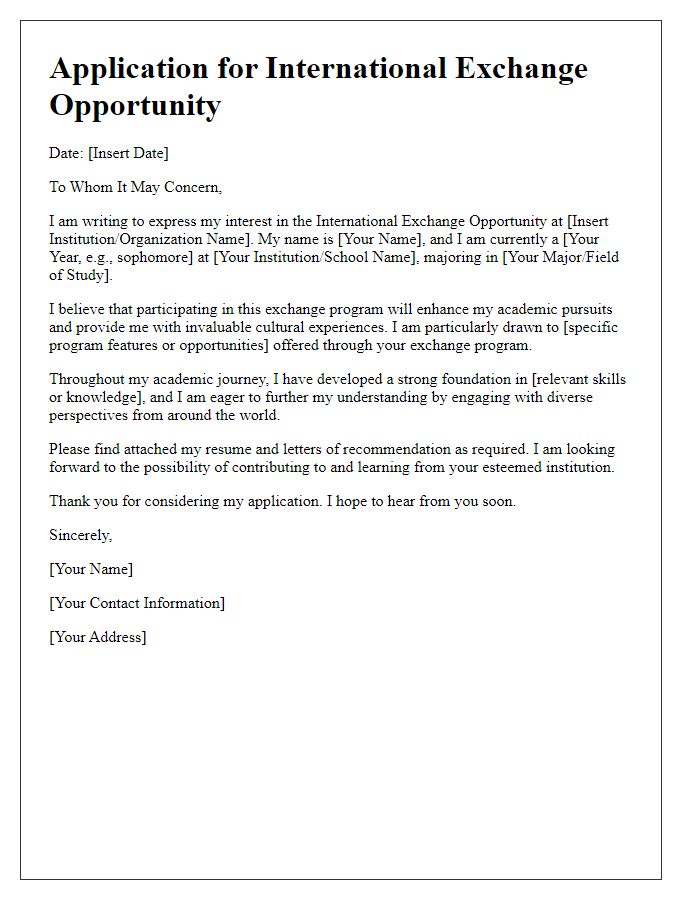
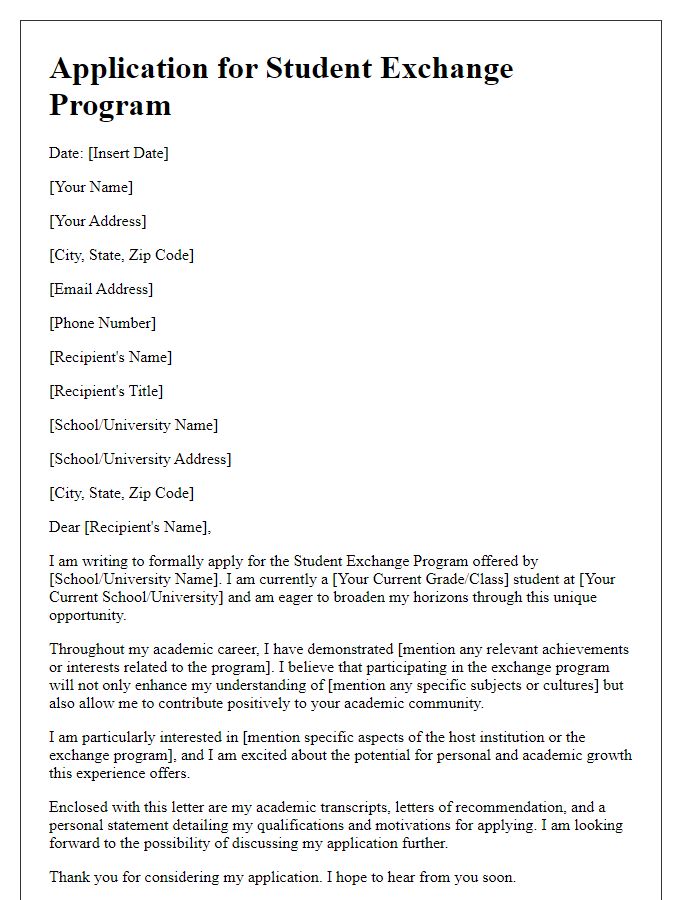
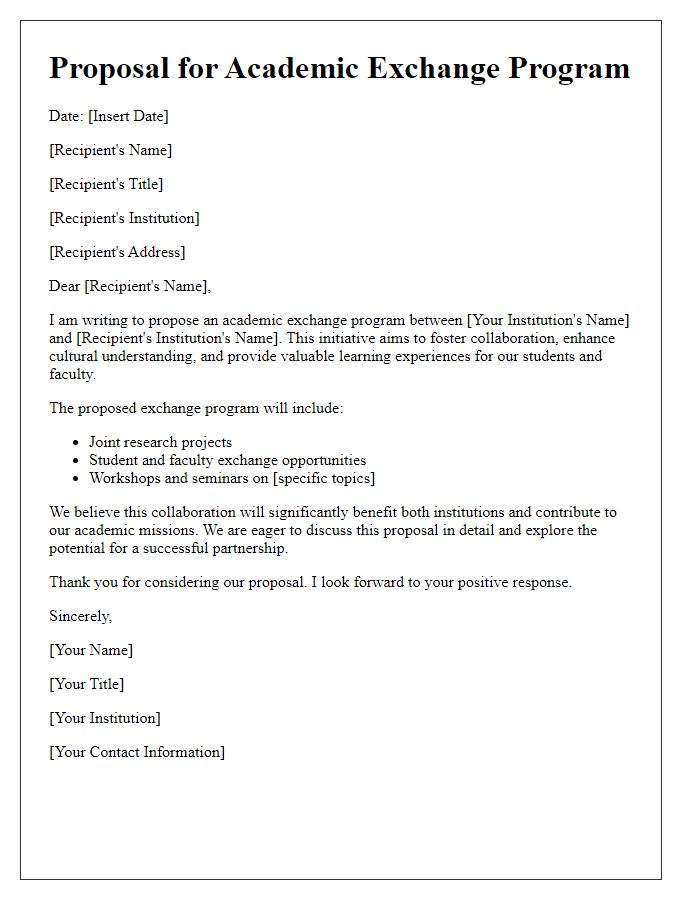
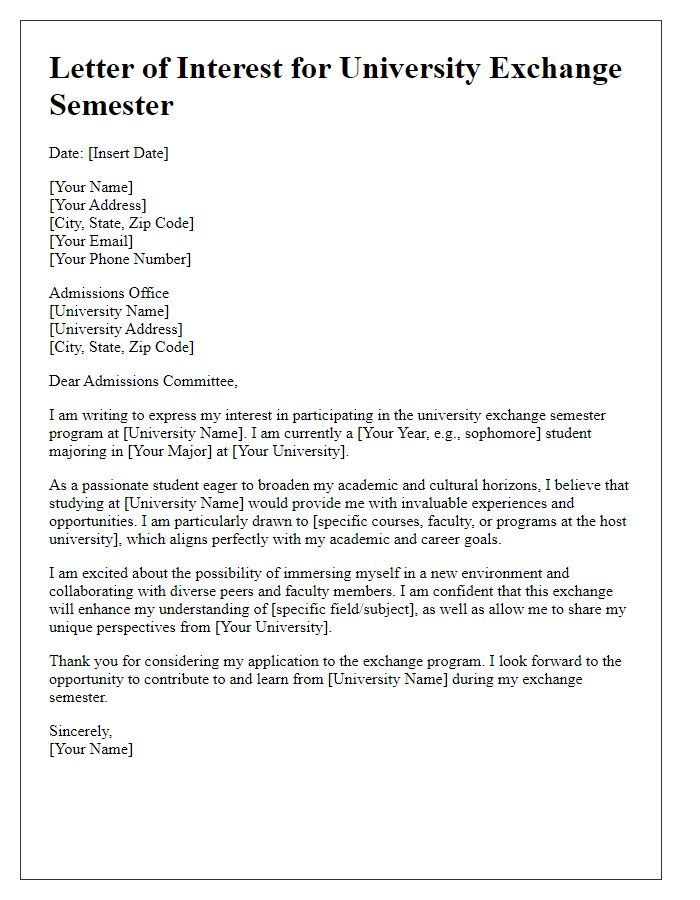
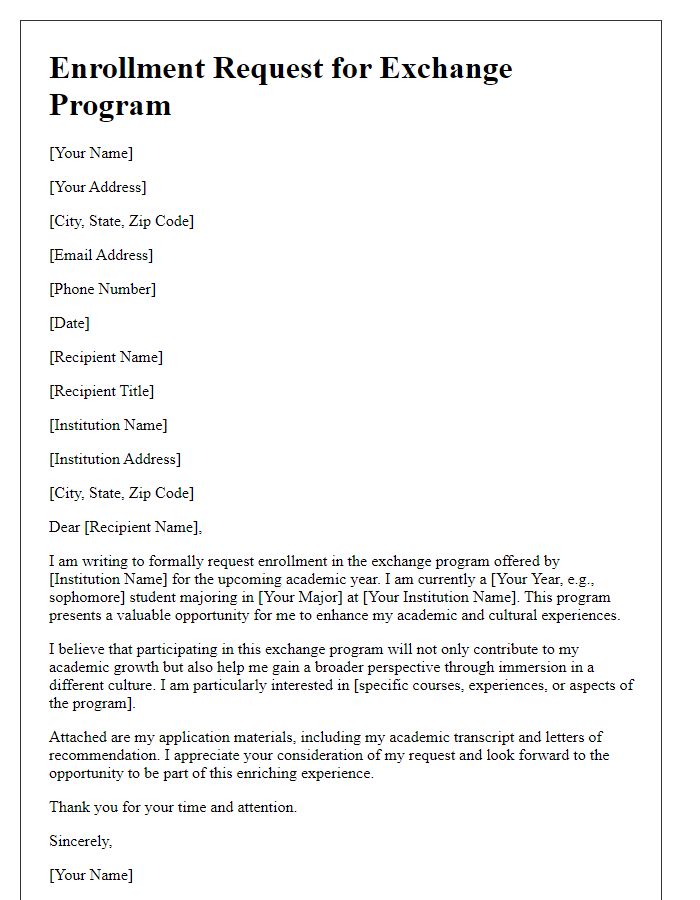
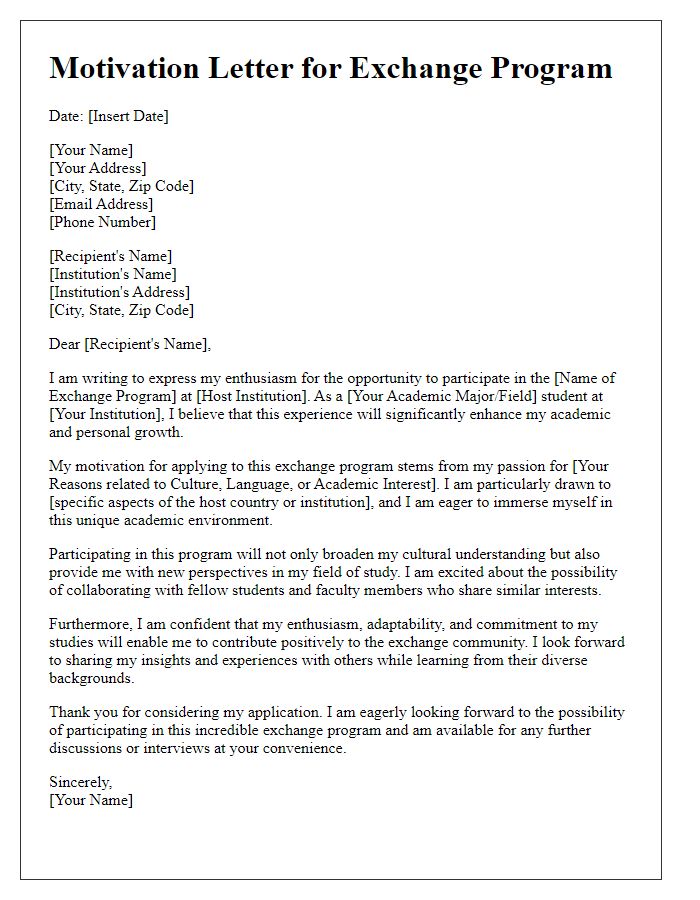
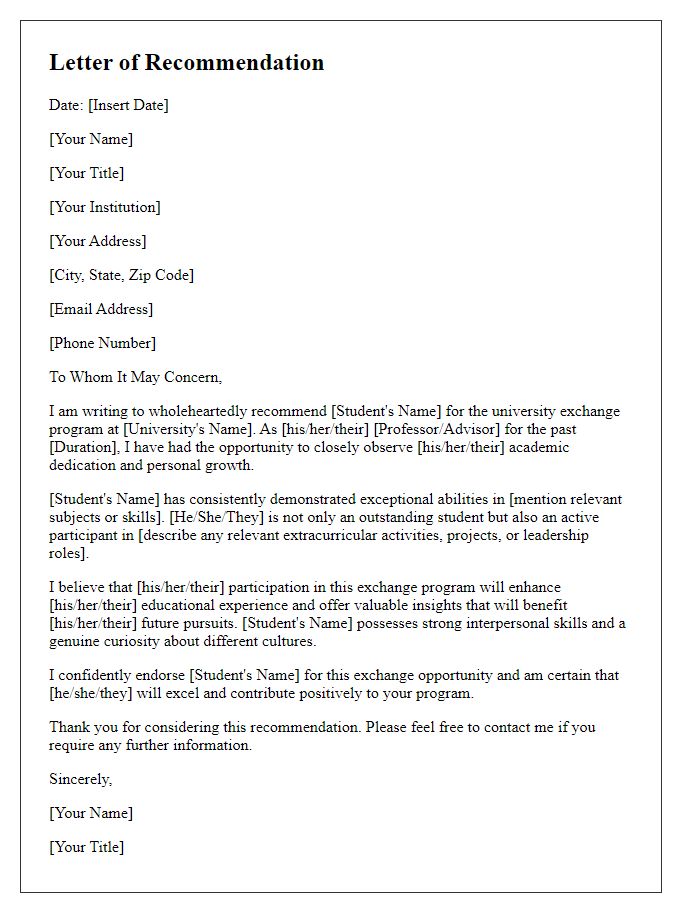

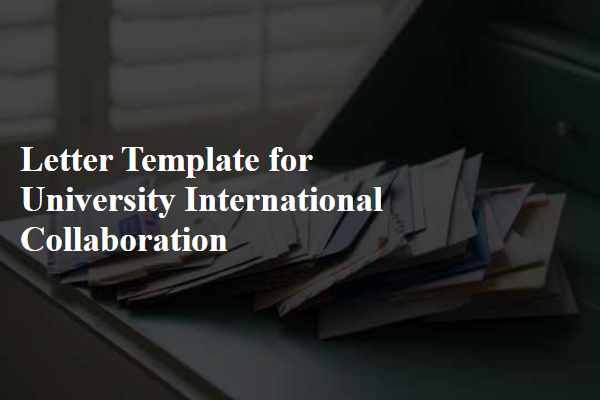
Comments